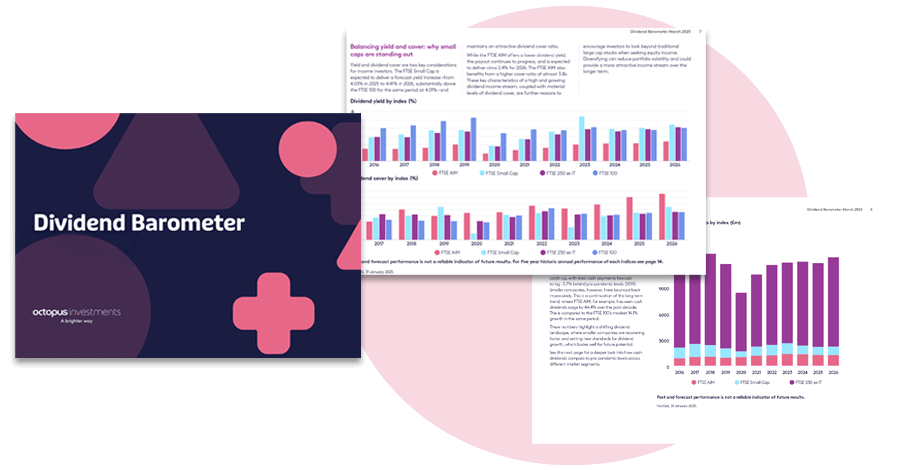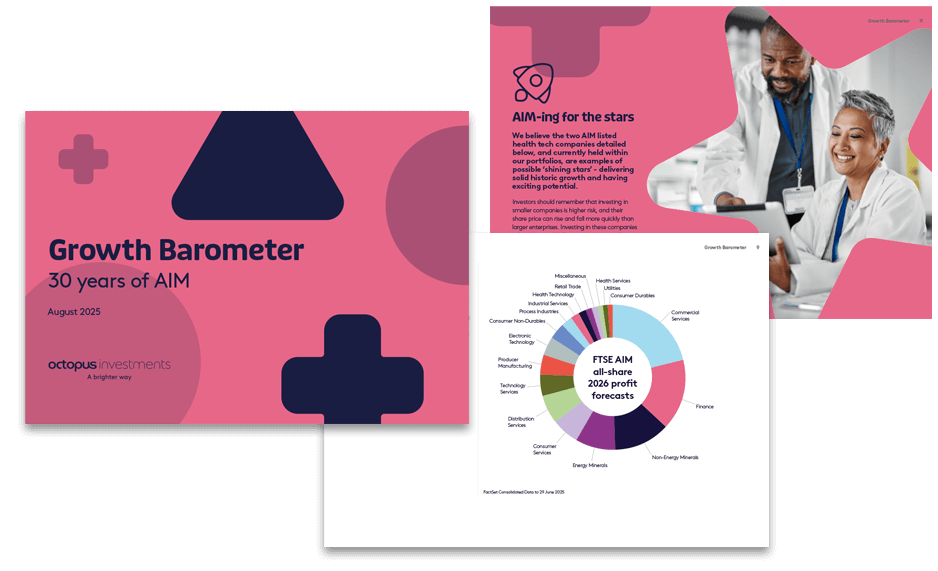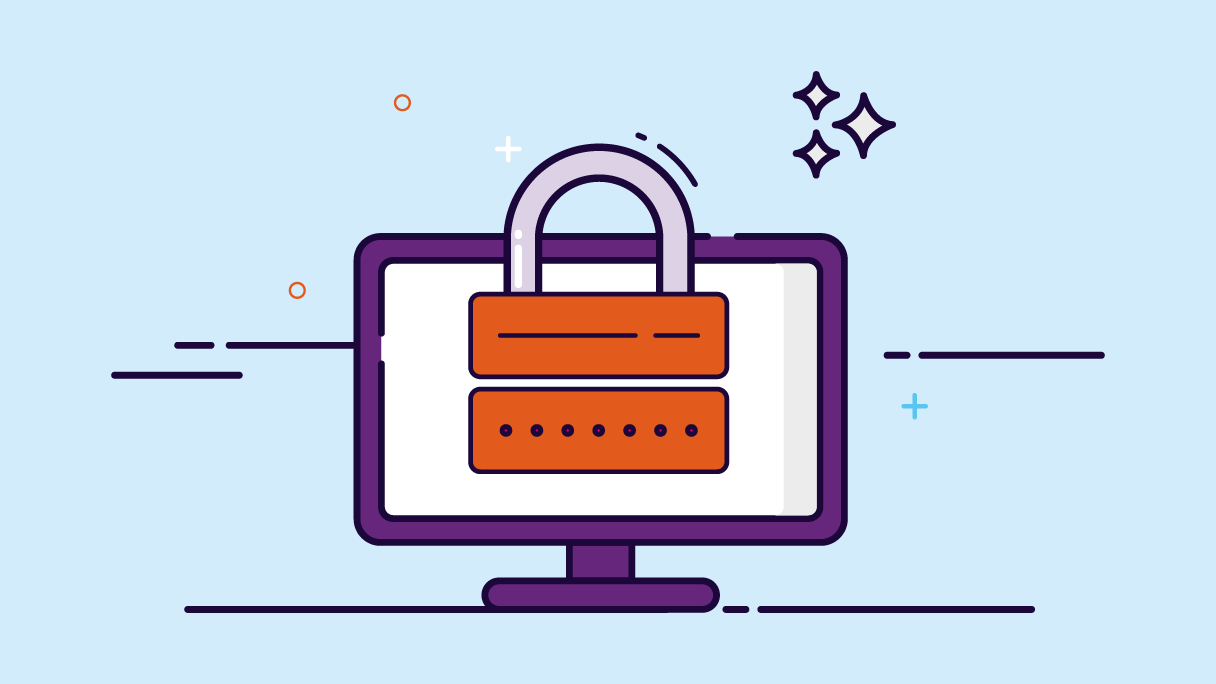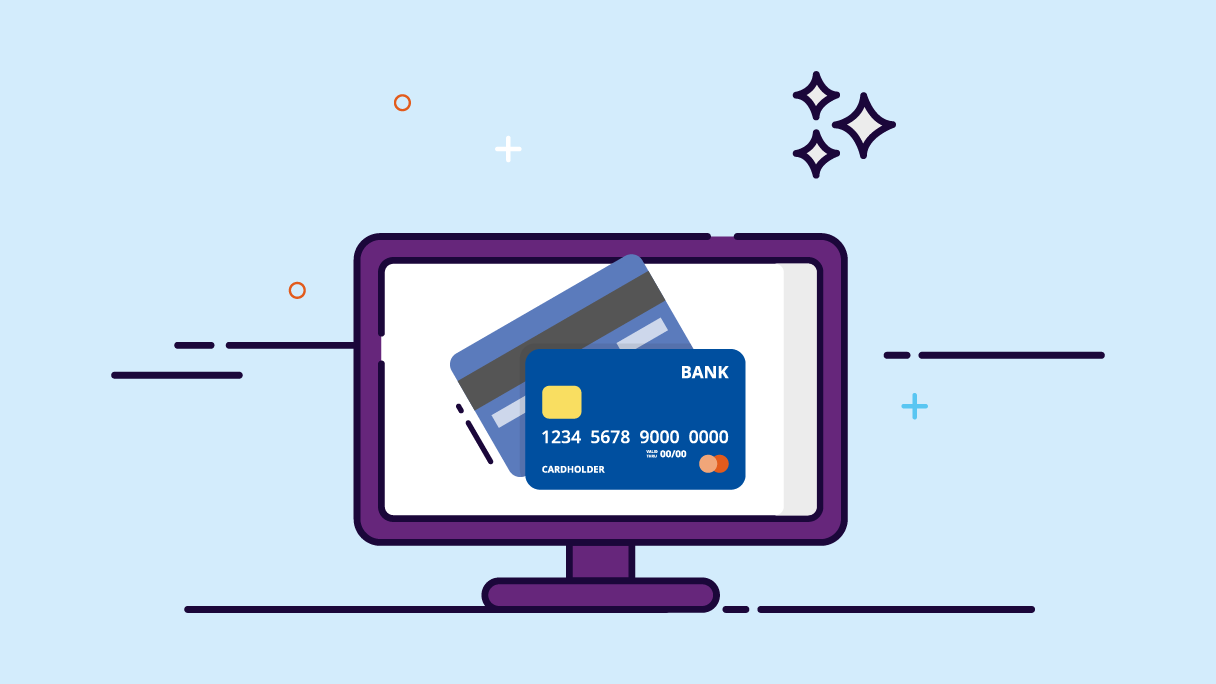Protect yourself from fraud
Learn how you can identify and report some common types.
What does fraud look like?
There are many types of fraud and it can be difficult to know how to spot them if you’ve never heard of them before. Fraud can happen at any time and can happen in numerous ways, take a look through our examples to understand some of the most common schemes:
What’s a boiler room scam?
Most investment frauds usually involve criminals contacting people out of the blue and convincing them to invest in schemes or products that are worthless or do not exist. Once the criminals have received payment, they cease contact with the victim. This type of fraud is commonly known as a boiler room scam.
How could Jessie have spotted this was a boiler room scam?
All financial firms in the UK are regulated by the Financial Conduct Authority (FCA) and are obliged to act in a certain way. Knowing these facts, Jessie could have spotted this scam before sending any money.
Misrepresenting an opportunity to a customer
When the caller guaranteed Jessie a return, they misrepresented an investment opportunity. An investment is never risk free.
Proper market conduct standards
The investment offer was using insider knowledge for personal gains. This is something a regulated firm should never do.
High pressure tactics
The caller put pressure on Jessie to make a decision urgently. Regulated firms must pay due regard to a customer’s interests and treat them fairly.
What is Identity theft?
Identity theft is a type of fraud that occurs when criminals use a person’s details to pose as them for financial gain. If you are a target of identity theft, there is a chance that fraudsters can use your identity to open or access financial accounts, place orders in your name, obtain further personal information, and more.
How could Elizabeth have spotted this was identity theft?
What is impersonation fraud?
Impersonation fraud is where you have been convinced to provide personal or financial details by someone claiming to be an organisation. Impersonation fraud can take the form of phone calls, texts, phishing emails or fake websites, as they attempt to replicate details of an organisation.
How could Michael have spotted this was impersonation fraud?
What does Octopus do to keep customers safe?
Verify account owners before making payments
We take steps to verify the ownership of any account to which we are asked to make payment. This may mean we ask for further information or evidence before making payment.
We appreciate this may be inconvenient, but believe it is important in order to protect our customers from fraud. We do not make payments to third parties.
We never sell data to third parties without consent
We do not sell or share your personal information or data to any other organisation or individual.
Any broad statistics and customer profiling information with third parties will be anonymised, so you will not be identifiable from that data.
Keeping yourself safe
Useful links
Footnotes
¹ Action fraud: https://www.actionfraud.police.uk/a-z-of-fraud/boiler-room-fraud
² Action fraud: https://www.actionfraud.police.uk/news/identity-fraud-reaches-record-levels












